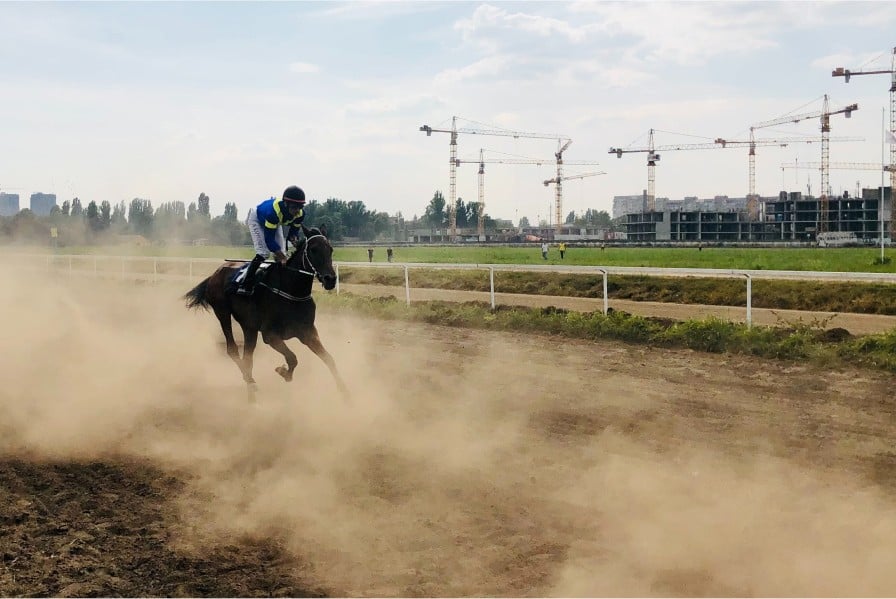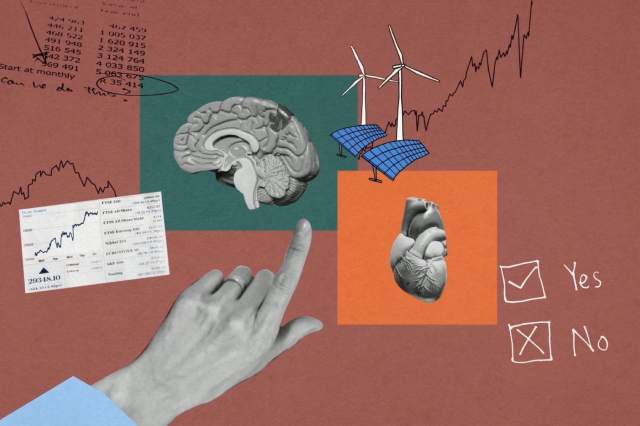Australia needs to kick its pokies addiction
Australia is out of step with the rest of the world when it comes to poker machines. With the exception of Western Australia, we allow high-intensity poker machines inside pubs and clubs. Western Australia’s ban on pokies outside casinos is normal by international standards; it is the rest of Australia, where pubs have rooms dedicated to pokies, that is unusual. Making matters worse, almost all of Australia’s pokies are ‘high intensity’ machines that can easily extract $1,200 an hour from punters. According to a 2010 Productivity Commission report into gambling, it’s not unusual for a problem gambler to lose $400 in 10 minutes on a high-intensity poker machine.
Pokies are everywhere in this country. Australia is home to 18% of the poker machines on Earth, despite making up just 0.3% of the global population. There are just under 200,000 poker machines in Australia, half of which are in NSW. Thinking about it another way, there are 7,056 people per poker machine worldwide, but in Australia there are 123 people per machine. In NSW there are just 82 people per poker machine. It’s hard to believe, but Australia’s pubs and clubs house 76% of the world’s non-gaming venue poker machines.
Australians love to gamble
Given our love affair with the pokies, it’s no surprise that Australians lose more money gambling per capita than anyone else in the world. On average, each person in Australia loses nearly $1,000 per year gambling. Australians lose about $23 billion gambling annually, of which $14 billion is attributable to poker machines. In 2015, an estimated 8% of the Australian adult population – 1.4 million people – experienced gambling problems. Almost half of these people are vulnerable to severe harm including financial problems leading to bankruptcy, housing stress and homelessness, family violence and relationship breakdown, neglect and maltreatment of children. Problem gambling can also lead to mental and physical health problems including depression, anxiety, suicide and suicide ideation.
Industry secrets exposed
Aristocrat Leisure is the largest manufacturer of poker machines in Australia. The company was founded in 1953 by Forbes rich-lister Len Ainsworth, who stepped aside in 1994 following a cancer scare only to found one of Aristocrat’s major rivals, Ainsworth Technology. Aristocrat has become a global business and now earns over half its revenue from America. On its website, the company claims to work closely with customers, regulators and other stakeholders to “ensure policies address problem gaming and support problem gamblers, without unduly impacting the overwhelming majority of people who gamble recreationally and responsibly”.
The mechanics of poker machines have long been a closely guarded secret, but a recent court case involving Aristocrat has shed some light on their practices. Former gambling addict Shonica Guy took Aristocrat and Crown Casino to court in September 2018, alleging a Dolphin Treasure machine manufactured by Aristocrat was deceptively designed to give players the impression they had won when they had in fact lost money. The phenomenon, which Aristocrat labels ‘less than bet wins’, is more accurately described by Monash University academic Charles Livingstone as ‘losses disguised as wins’. Writing in The Conversation, Livingstone says poker machines use flashing lights, upbeat music and encouraging messages to deliver a ‘reward’ to players when in reality they have lost money:
“The gambling machine industry employs an army of engineers, programmers, composers and graphic designers to produce increasingly sophisticated games and machines, with more ways of persuading people to part with their cash.”
A similar phenomenon identified by researchers is the ‘near miss’, which involves the display of a series of symbols that is perceived to come close to triggering a win without actually doing so. Australian poker machine manufacturers are prohibited from deliberately creating ‘near misses’, but the random number generators underpinning poker machines make near misses unavoidable. According to Livingstone, the type of stimulation created by near misses and losses disguised as wins triggers the same parts of the brain involved in drug addiction. Brain chemicals such as dopamine are central to the process, he says. “Brain imaging has shown in recent years that the pattern of dopamine release that occurs during a gambling session is strikingly similar to that of cocaine and other addictions,” he says.
What is the government doing?
During Julia Gillard’s term as Prime Minister there was a concerted effort by independents Andrew Wilkie and Nick Xenophon, along with the Australian Greens, to introduce mandatory pre-commitment on poker machines in Australia. The idea behind mandatory pre-commitment is a simple one: before a player begins a poker machine gambling session, they must set a binding limit on the amount of money they’re willing to lose. The solution neatly sidesteps ‘nanny state’ accusations because the limits are self-imposed. For example, a gambler is completely free to lose $2,000 on a poker machine in a single session – they just have to commit to the loss up front. However, despite Andrew Wilkie making his support for the Labor minority government conditional on the implementation of mandatory pre-commitment, Gillard pulled the plug on the legislation in January 2012. To date, there have been pre-commitment trials in NSW, South Australia and Queensland. Victoria became the first state to put in place a partial, voluntary pre-commitment system in 2015. However, according to the Government-funded Australian Gambling Research Centre the evidence shows voluntary schemes are ineffective and only a full pre-commitment system will address the problem created by poker machines.
How can you help?
Apart from getting in contact with your local member of parliament, you can join an advocacy group like The Pokies Play You. You can also take a look at your super to see if you are inadvertently supporting pokies. Australian Ethical has never invested in poker machine manufacturers like Aristocrat Leisure. In fact, our Ethical Charter forbids any investment which can be considered to unnecessarily manufacture goods or services which have a harmful effect on humans. The charter also forbids investments in companies that entice people into financial over-commitment. Unfortunately, not all super funds take the same stance. For example, AMP invests in gambling by investing in Aristocrat Leisure. It’s worth getting in touch with your own super fund to check whether they are supporting this harmful industry.
Is your money helping build poker machines?



